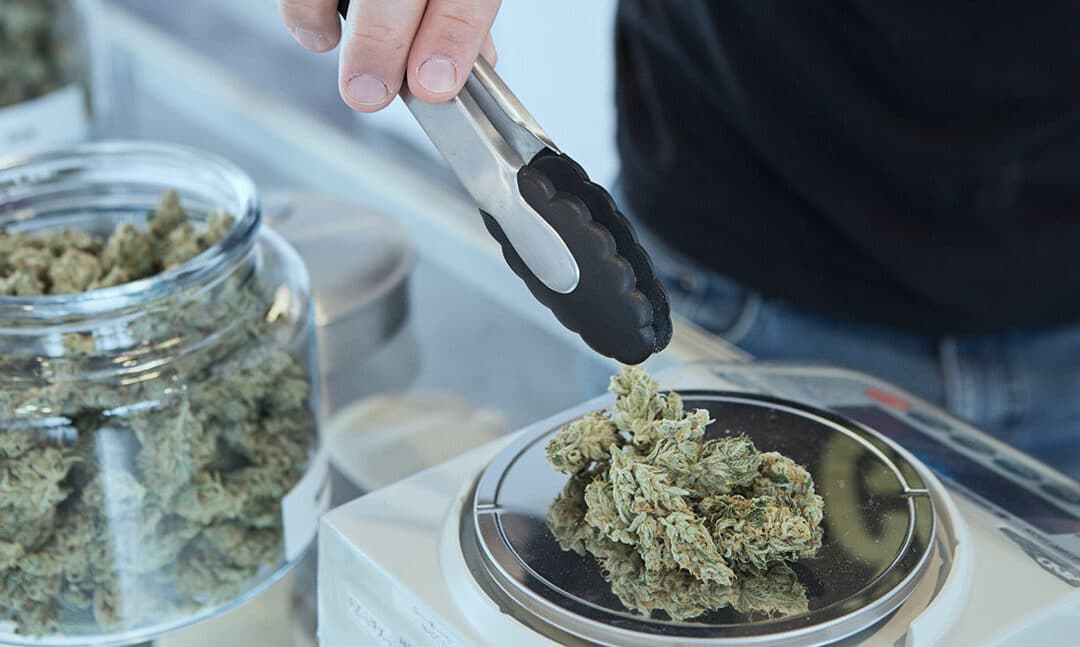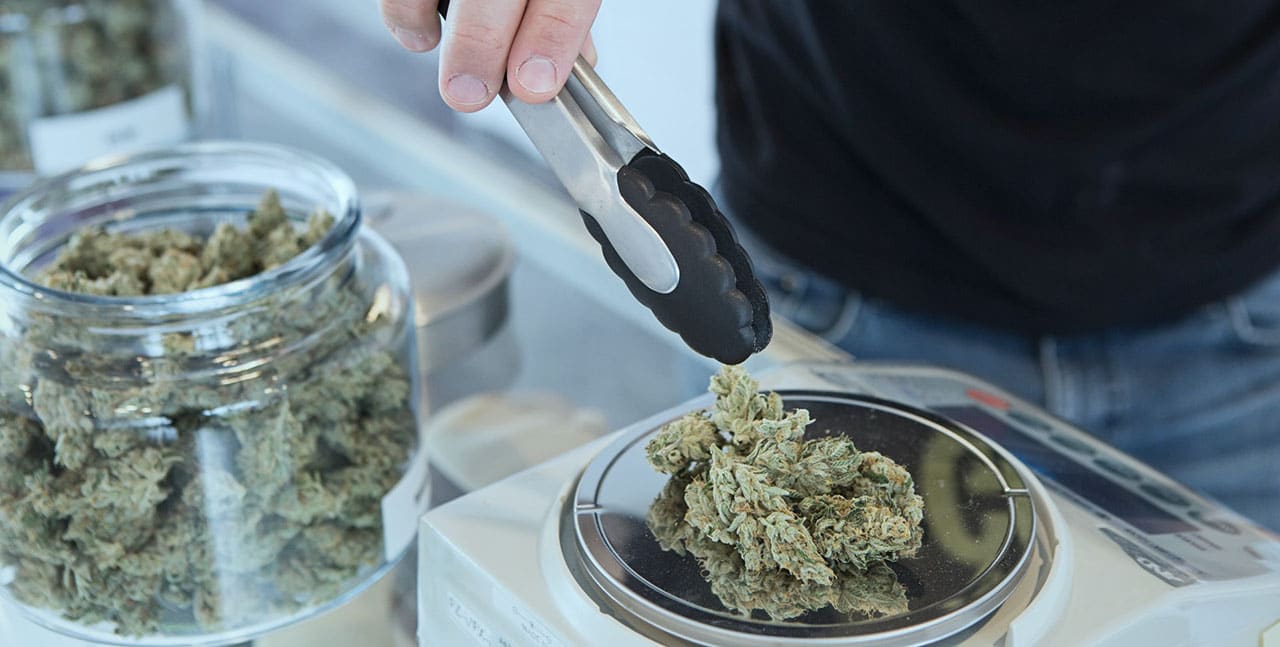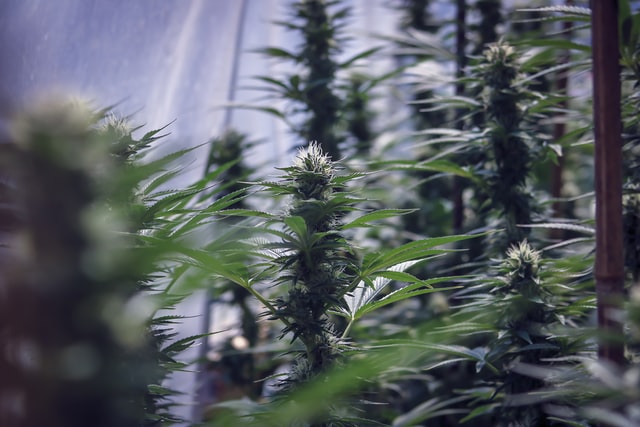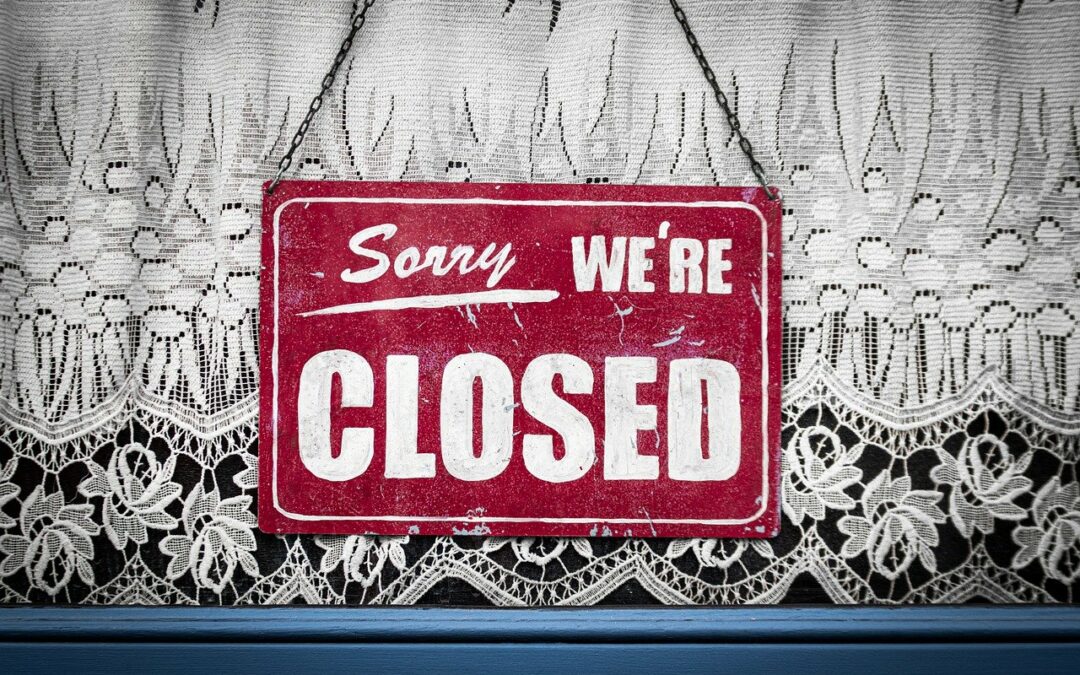
California cannabis companies warn of being at ‘breaking point’
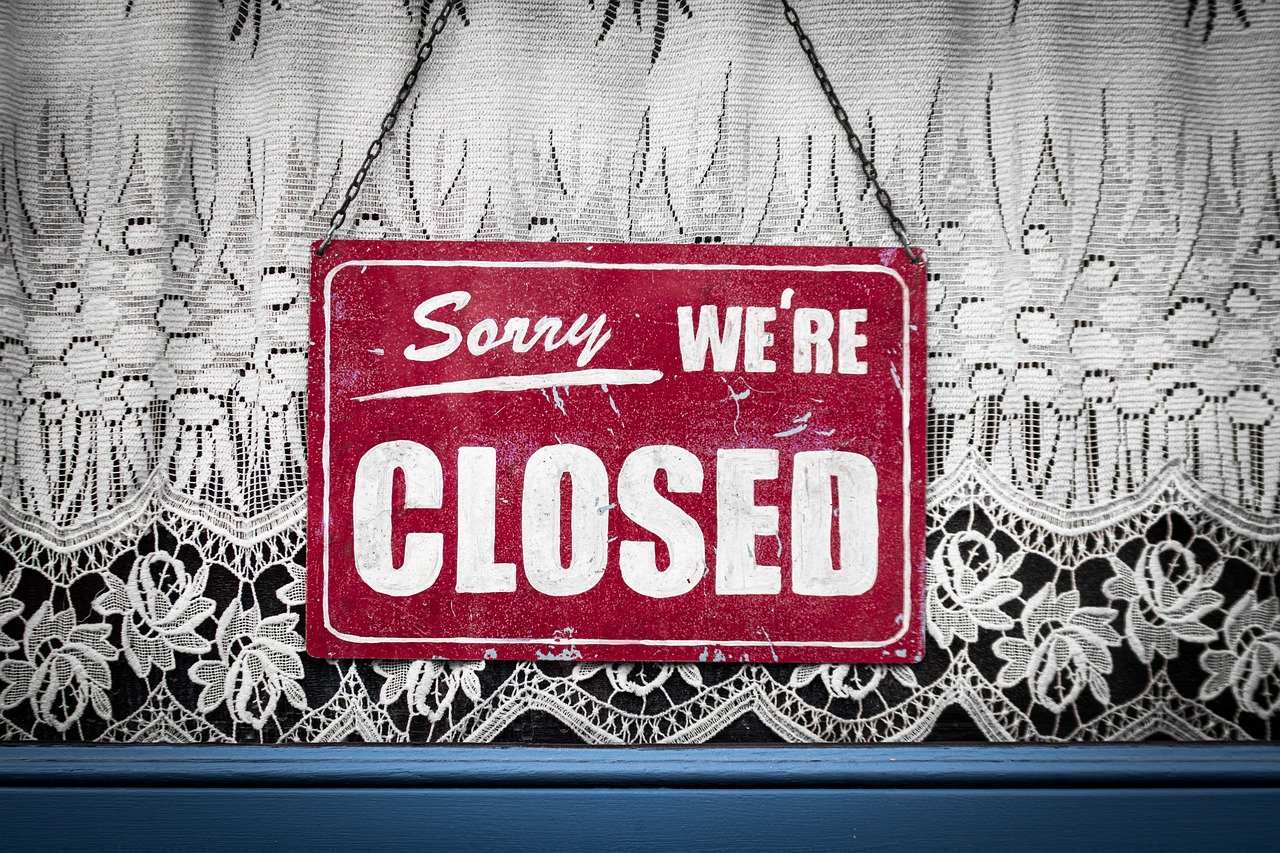
California’s cannabis industry is at a “breaking point.”
That’s the warning coming from 27 people who represent growing operations, dispensaries, retail outlets and industry organizations who want Gov. Gavin Newsom and state lawmakers to reduce taxes on cannabis.
The group issued an open letter to state lawmakers Friday and posted a petition on Change.org, which as of Monday morning had more than 750 signatures.
“It is critical to recognize that an unwillingness to effectively legislate, implement, and oversee a functional regulated cannabis industry has brought us to our knees,” the letter said, noting that the industry’s past reform pleas have failed. “We have collectively reached a point of intolerable tension, and we will no longer support a system that perpetuates a failed and regressive War on Drugs.”
The group issued its warning more than five years after California voters approved Proposition 64, allowing for the legal growth and sale of marijuana and other cannabis products for recreational use. Such sales began statewide on Jan. 1, 2018.
What the industry wants is a tax break, a lifting of the cultivation tax that growers have to pay as well as a three-year break from excise taxes. It also wants to see more retail shops open up throughout California; the state allows local municipalities to decide whether to allow for local sales.
“Excessive taxation, which compounds across the supply chain, makes our product 50% more expensive at retail than the illicit market. This has created an illicit market that is currently three times the size of the legal market,” the letter said.
The current framework is “rigged for all to fail,” the letter said.
“We need you to understand that we have been pushed to a breaking point and we will not remain on our knees. We will not stand for political interests to the detriment of our own livelihoods, the health of our citizens, the prosperity of our families and the state of California’s economy,” it said.
Newsom’s office issued a statement in response to the industry’s plea, saying that the governor sees the need for cannabis tax reform as well as other changes.

